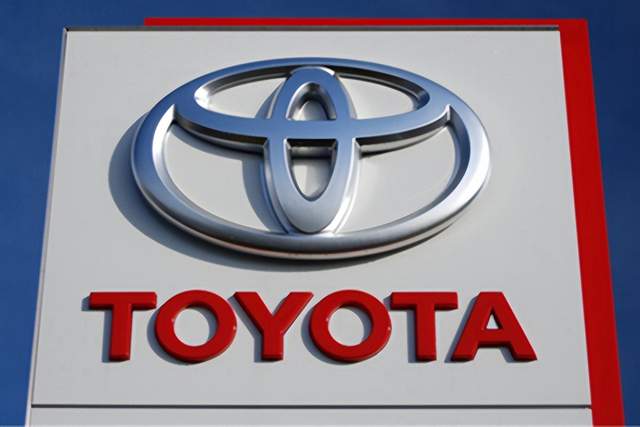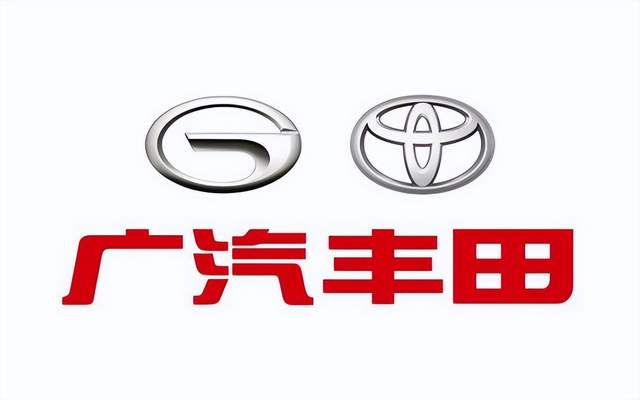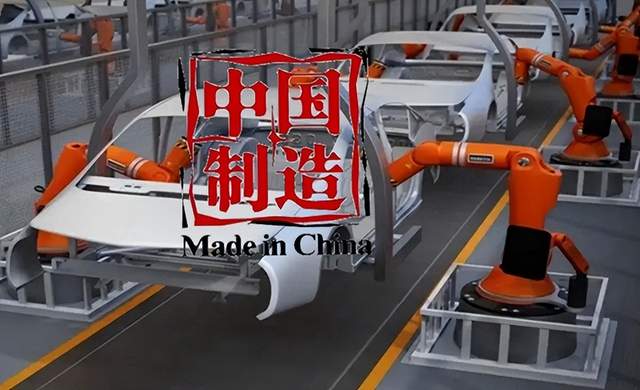Toyota Defies China Sales Slump, Global Sales Surge Continues, Reversing Downturn Trend
![]() 03/30 2025
03/30 2025
![]() 584
584
Toyota has recently unveiled its February global sales figures, revealing a robust 9.5% year-on-year increase to 825,000 units. This upswing effectively erases the gloom cast by its sales decline in the Chinese market, underscoring the automaker's resilient growth in international markets.

Having surpassed 10 million vehicles sold globally in 2024, Toyota's strong February performance indicates that its global sales are poised for further growth this year, solidifying its leadership position in the global automotive industry.
Analysts attribute Toyota's international success primarily to the widespread acceptance of its fuel-efficient hybrid technology in Europe and the United States. Developed over two decades, this technology is now reaping the benefits of years of positive reputation.
German automotive market data from November 2024 shows that Toyota's sales in Germany nearly doubled, while sales in the US market increased by over 10% in the first half of 2024. These markets warmly embrace Toyota's hybrid technology; in Germany, hybrids account for 38% of car sales, with over 80% of these models utilizing Japanese hybrid technology. As a pioneer in fuel-efficient hybrids, Toyota stands to gain significantly from the German market.

In stark contrast to its international success, Toyota's performance in the Chinese market has been disappointing. Sales declined by 12% in 2024 and continued to fall in January 2025, with a year-on-year drop of 13.9%. This decline has spurred Toyota to adopt more aggressive strategies.
Reports indicate that Toyota is aiming to establish a wholly-owned Lexus factory in Shanghai. If successful, this will mark the first time Toyota produces Lexus vehicles outside Japan. Lexus, Toyota's brand showcasing the latest fuel-efficient hybrid technology, has previously not been manufactured in China due to various considerations. Toyota's decision to produce Lexus wholly-owned in China signals a significant shift in strategy.
Moreover, Toyota is among the most active Japanese automakers in embracing China's automotive supply chain. Recently, it launched an electric vehicle in China where the car body is independently designed by Toyota, while technologies such as batteries, electric drive, and intelligent driving are sourced from China's supply chain. This underscores Toyota's commitment to fully integrating Chinese manufacturing.
Toyota's positive approach in the Chinese market appears to be stemming its downward trend. Recently launched models featuring deep collaboration with China's supply chain have been well-received by Chinese consumers, with impressive pre-orders indicating a potential swift reversal of Toyota's sales decline.

Concurrently, Toyota has embarked on an aggressive pricing strategy in the Chinese market, leveraging profits from European and American markets to support this approach. For foreign companies like Toyota, the Chinese market, being the largest automotive market globally, is too significant to abandon easily.
Toyota's sales decline in China has had a relatively minor impact on the company, and its global growth is not significantly reliant on Chinese sales. Data from 2024 shows that Toyota sold 1.77 million vehicles in China, accounting for approximately 17% of its global sales. This relatively low proportion allows it to offset losses in China with sales growth in Europe and America.







